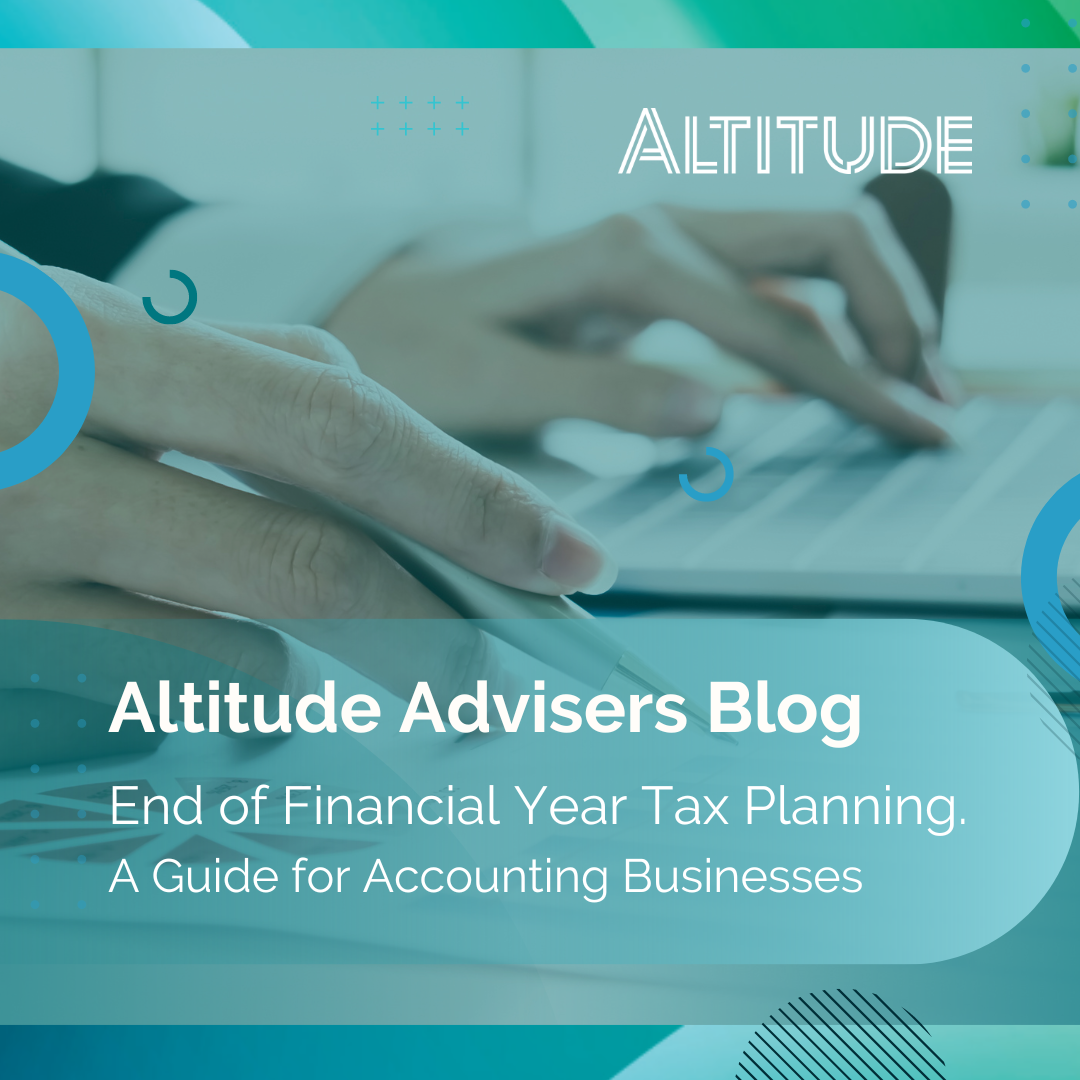
The 2023 Australian federal budget has recently been announced. It brings with it several changes that may affect your business, including small business support measures, a tax liability lodgement task force & amnesty program, new super payment time requirements, and changes to fringe benefit tax (FBT) rules for electric vehicles. A review of the specifics of these changes can be found below.
See budget highlights for individuals.
Small Business Support Measures
The Government has introduced several changes to support small businesses in the country. There is no extension to the temporary full expensing measures that will cease on 30 June 2023. Eligible business were allowed an immediate 100% write-off of the full cost of assets first used or installed ready for use (vehicles subject to the car limit). From 1 July 2023 to 30 June 2024, the instant asset write-off threshold will be available for small businesses with an aggregated annual turnover of less than $10 million. The total cost of eligible assets costing less than $20,000 can be immediately deducted, while assets exceeding this threshold can be depreciated. It is important for businessowners to carefully consider the adverse tax implications of selling existing assets fully deducted and replacing them with depreciating assets.
The small business energy incentive program is being introduced, allowing businesses with an annual turnover of less than $50 million to access an additional 20% deduction on spending of up to $100,000 that supports electrification and more efficient use of energy.
The GDP adjustment factor for PAYG instalments to prepay income tax for the next financial year has been reduced. The rate of 12% that would have applied under the statutory formula has been reduced to 6% for the 23/24 income year. This change will apply to small businesses and individuals eligible to use the relevant instalment methods, up to $10 million aggregated annual turnover for GST instalments and $50 million aggregated annual turnover for PAYG instalments.
Tax Liability Lodgement Taskforce & Amnesty Program
The Australian Taxation Office (ATO) is set to receive additional funding from 1 July 2023 to assist in engaging businesses to address outstanding tax and superannuation liabilities. The funding boost will allow the ATO to focus on taxpayers with high-value debts greater than $100,000 and aged debts older than two years.
Specifically, the ATO will target public and multinational groups with an aggregated turnover of over $10 million and privately owned groups or individuals controlling more than $5 million of net wealth. In addition, small businesses with an aggregate turnover of less than $10 million will have the opportunity to re-engage with the ATO regarding their overdue lodgements.
A lodgement penalty amnesty program will be implemented, remitting failure-to-lodge penalties associated with outstanding tax statements lodged from 1 June 2023 to 31 December 2023 that were initially due from 1 December 2019 to 29 February 2022. This is good news for small business owners struggling with overdue lodgements, as they can get back on track without incurring additional penalties.
Changes To Superannuation Payment Requirements
The Australian government has announced a plan to introduce a new requirement for employers to pay super guarantee contributions on the same day as payroll each pay period. Employers have up to 28 days after quarter end to pay super contributions. This new measure is expected to start on July 1, 2026, subject to a final decision in the 2024/25 budget. According to the budget, a 25-year-old median income earner who receives their super quarterly and wages fortnightly could be around 1.5% better off at retirement.
This change could, however, be a substantial administrative burden for employers, and further investigation is needed to refine how it will be practically rolled out. This change is part of the government’s ongoing efforts to improve retirement savings for Australian workers.
FBT Rules For Electric Vehicles
The 2023 Australian federal budget has announced no changes to Fringe Benefits Tax (FBT) rules for electric vehicles. Specifically, the current FBT exemption for plug-in hybrid electric cars is set to end on 31 March 2025. However, arrangements involving plug-in hybrid electric cars entered between 1 July 2022 and 31 March 2025 will remain eligible for the electric vehicle FBT exemption beyond this date, assuming the arrangement with the employer remains in place.
This means employers must consider the tax implications of providing plug-in hybrid electric cars to their employees and potentially review their fleet management policies to incorporate more environmentally friendly vehicles. Businesses must stay informed and seek professional advice to comply with the latest tax regulations.
Conclusions
The 2023 Australian federal budget brings fewer tax changes that impacting businesses compared to recent years. From changes to depreciation rules, to the ATO receiving additional funding and the introduction of a requirement for super guarantee contributions to be paid on payday, there are many changes for business owners to consider.
Staying up to date with changes and seeking appropriate advice will help ensure you understand how the changes will impact your business and how you can take advantage of any available benefits. By staying informed and working with trusted advisers, your business can stay ahead in the ever-changing economic landscape of 2023.


